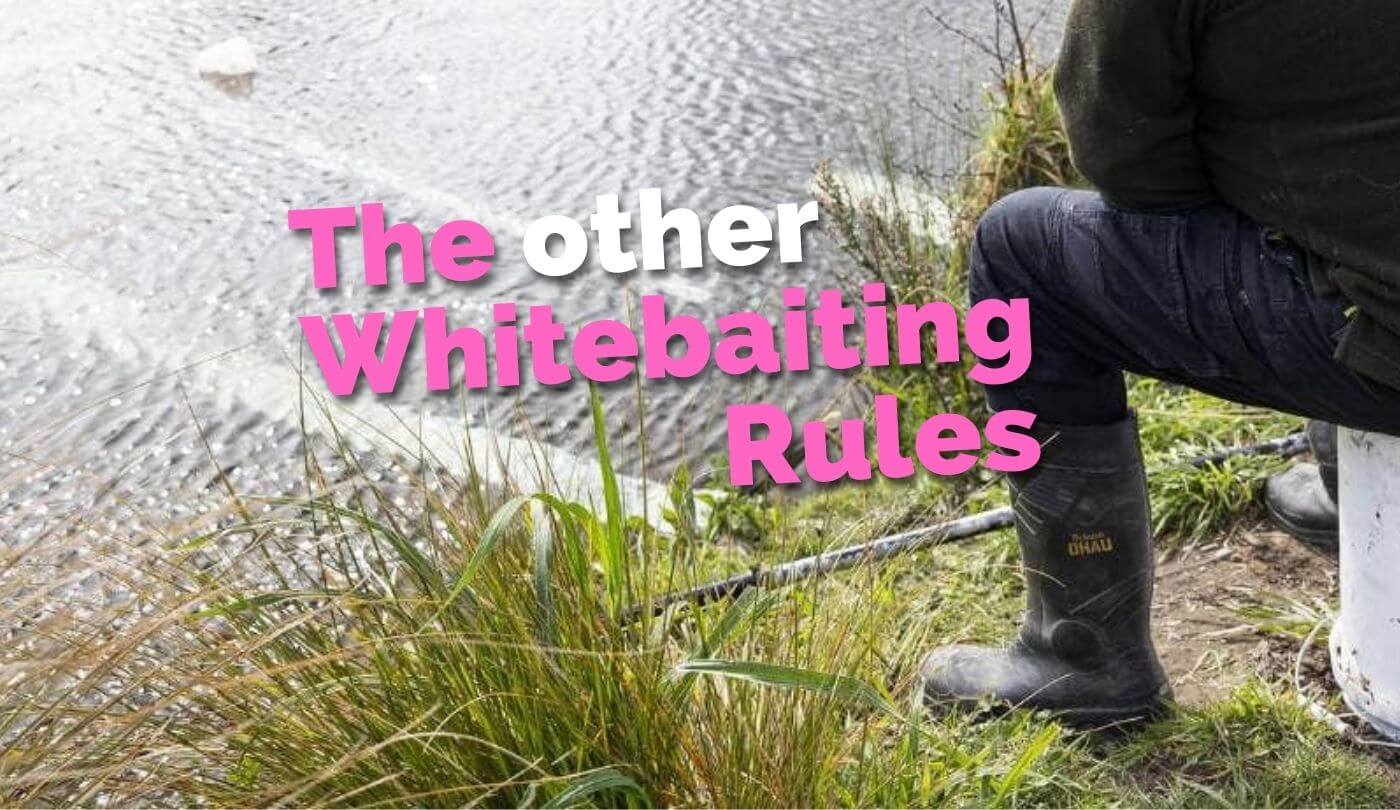
Every activity has some rules that regulate it in some way. The rules for whitebaiting have changed a little, but there are some other whitebaiting rules which have never changed.
In preparation for the 2022 whitebaiting season, the Department of Conservation issued new regulations in an effort to stem the decline of whitebait species in some New Zealand rivers. The length of the season was shortened and the rules regarding where one can whitebait, the gear that may be used and how it may be used were all revised with wide promulgation.
Now that the season has commenced, with these new regulations seemingly well-accepted by the whitebaiting community, it is probably timely to focus on the other set of rules that apply to whitebaiting; the un-written rules that give whitebaiting its social licence.
Riverbank etiquette
- Avoid collapsing the bank Choose a spot where your weight and clambering on and off will not collapse the riverbank. Creating increased sediment through riverbank collapse will make the river murky decreasing the chances of a good whitebaiting season.
- Avoid damaging the plants where you are fishing The native grasses, flaxes, shrubs and trees that grow on the riverbank fulfil a number of important roles. They stabilise the riverbank, provide shade to keep the water cool thereby improving macrobiotic life, and provide food/refuge for native birds and insects. These plants are not planted to deliberately obstruct you. Please don’t damage them by sitting/standing on them or tying your equipment to them.
- Leave nothing behind when you leave Take everything away that you brought to the site. That will include the white boards or posts that you have placed in the river as well as any wrappers, packets or similar. It also includes your food scraps as these are not the natural food for river creatures, except rats. It especially includes things what are toxic for river life, like your cigarette butts.
Social etiquette
- Park legally Council regulations forbid parking on the riverbank at any time. During the whitebaiting season, daily traffic on the riverbank can cause mud and damage. Also, whitebaiting is an activity that necessitates long periods of sitting, so prepare for that by carrying your equipment a good distance from your well-parked car to increase your cardiovascular preparation.
- Be polite to others People passing by will naturally be inclined to query how the catch is coming along. If you have caught nothing or next-to-nothing over the day, don’t take it out on the person who asks. Instead, take it as an opportunity to ponder just how the fishery could have declined to such an extent that the abundance of the early 1900s, when whitebait was dumped on fields by the cartload as fertiliser, is now reduced to a handful collected over an entire day.
- Keep your dogs at home Although your dogs will love the companionship of a day’s lounging at your side, whitebaiting is not something that they will ever understand. They would much prefer a quiet day in their kennel compared to a day spent being on guard for other animals in their environment. And being at home means that you will not have to constantly watch to see where they have done poo so that you can scoop it into a bag and take it home.
Ecological awareness
- Abundance Be aware of your impact on the abundance of the whitebait. Whitebait were so abundant when Pākehā arrived in Christchurch that they called them “cow-fish” on account of the fact that rivers turned milky white when they spawned.
- Habitat for successful spawning Be aware of the habitat that leads to successful īnaka egg-laying are long grasses in the high tide zone. Do your bit to spread the word that mowing the riverbank destroys the spawning habitat.
- Only taking sufficient Catch only sufficient for your own needs, preferably just the day’s needs. Making sure we only take just enough is one way of helping to ensure that fisheries survive for our children’s children.
- Consider catch and release Most of the fun in fishing is in the hunt. So when you have finished the day’s whitebaiting, consider putting them all back in the river so that the fishery can expand.
- Be aware of contaminants Almost certainly, the lack of abundance of whitebait in our city rivers is because the rivers are so contaminated with zinc, copper and sediment. Help spread the word about reducing these through reduced car use, well-painted roofs on our houses and warehouses, non-copper brake pads, and increased riparian planting.
If all whitebaiters polish up their knowledge of the other rules of whitebaiting, it may well improve the abundance of what they spend so much time seeking.
